#leonard rossiter
Text
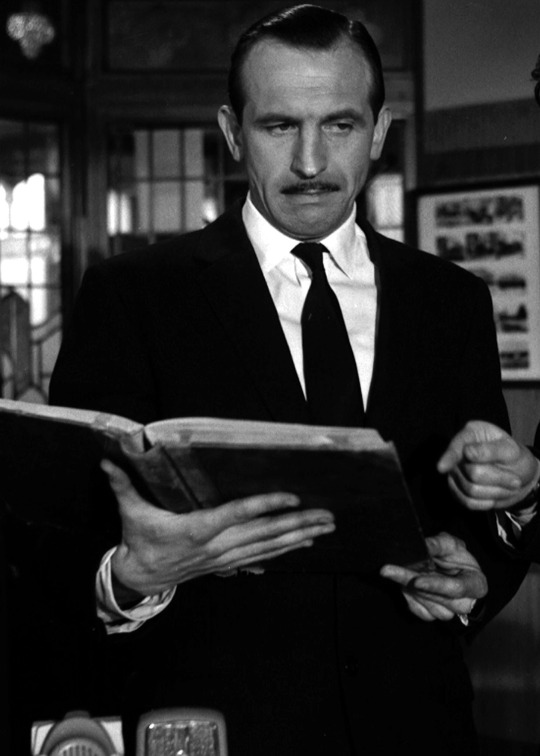
Leonard Rossiter
#suitdaddy#suiteddaddy#suit and tie#suited daddy#men in suits#daddy#suited#suited grandpa#suitedman#suitfetish#suit daddy#suited men#buisness suit#suitedmen#british man#british men#actors#billy liar#Leonard Rossiter
15 notes
·
View notes
Photo
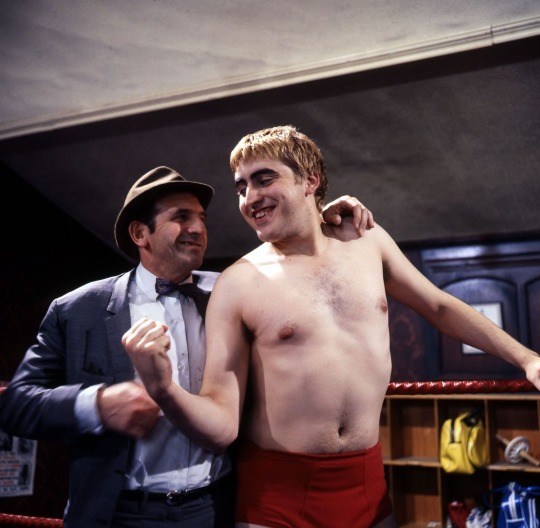


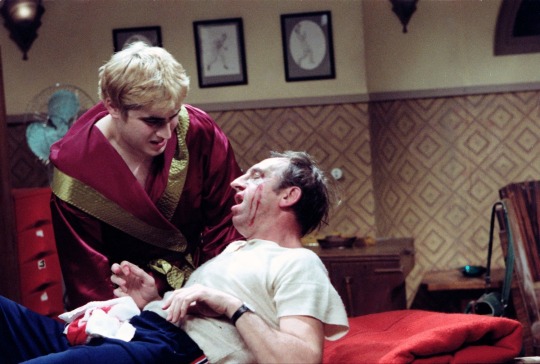

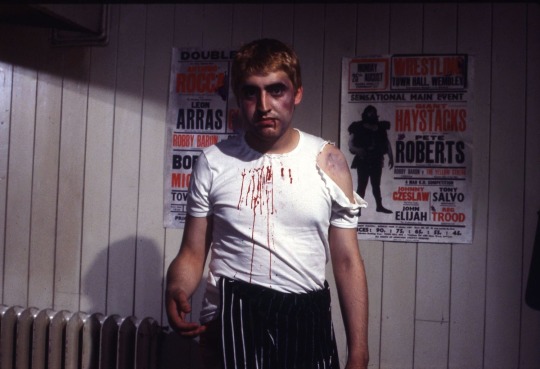
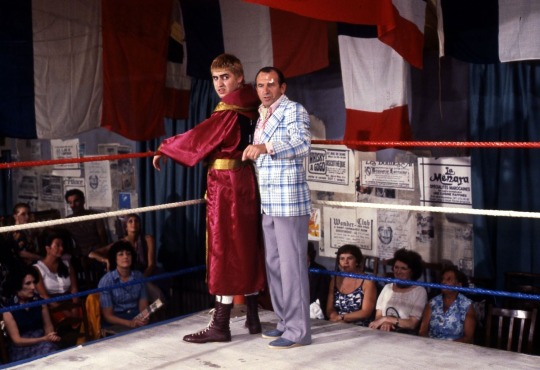
Alfred Molina and Leonard Rossiter in ‘The Losers’ 1978 tv series. FULL episodes on YouTube because baby Molina is cute HERE (some episodes are blocked in Belarus and Russia )
Full photos album: Twitter (better resolution) and Pinterest.
#Alfred Molina#Leonard Rossiter#The Losers#The Losers 1978#british telly#tv#video#videos#bambino freddino#goofy blonde baby alfred in speedos#why wouldn't you want to watch that???
54 notes
·
View notes
Text
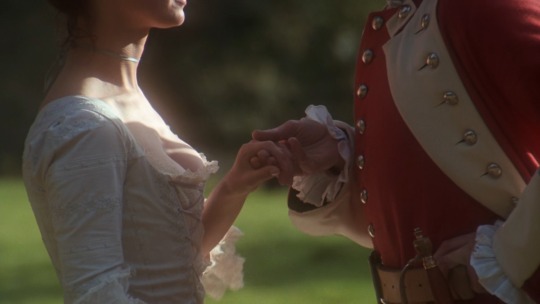



Barry Lyndon (1975)
#barry lyndon#gay hamilton#leonard rossiter#1970s film#1975#70s movies#stanley kubrick#william makepeace thackeray#historical costuming
7 notes
·
View notes
Photo
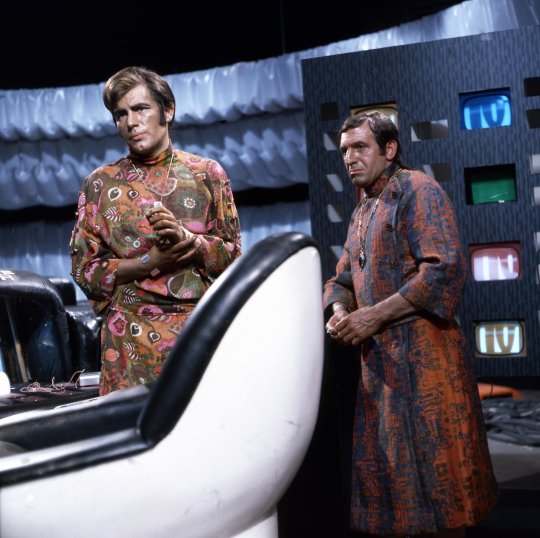
Brian Cox and Leonard Rossiter, Theatre 625, "The Year of the Sex Olympics" (UK, 1968).
#science fiction#television#play#Brian Cox#Leonard Rossiter#The Year of the Sex Olympics#Nigel Kneale#Theatre 625#UK#1968
101 notes
·
View notes
Text
youtube
Rising Damp the Movie (1980)
5 notes
·
View notes
Text
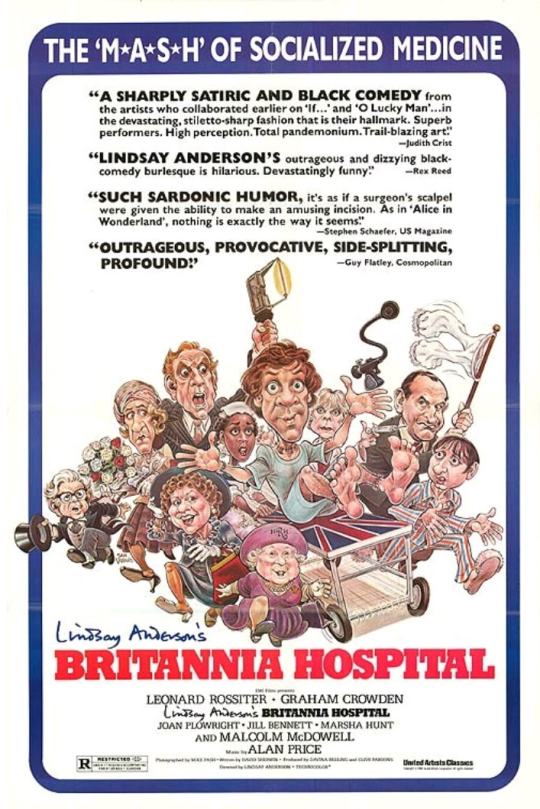
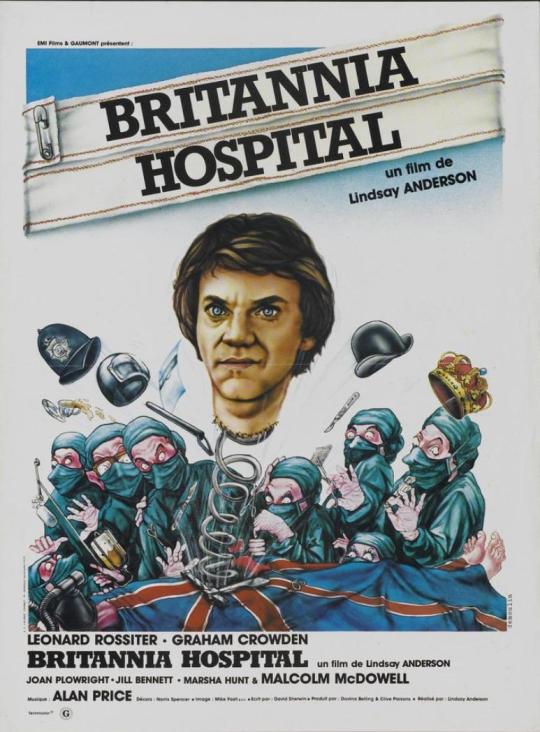
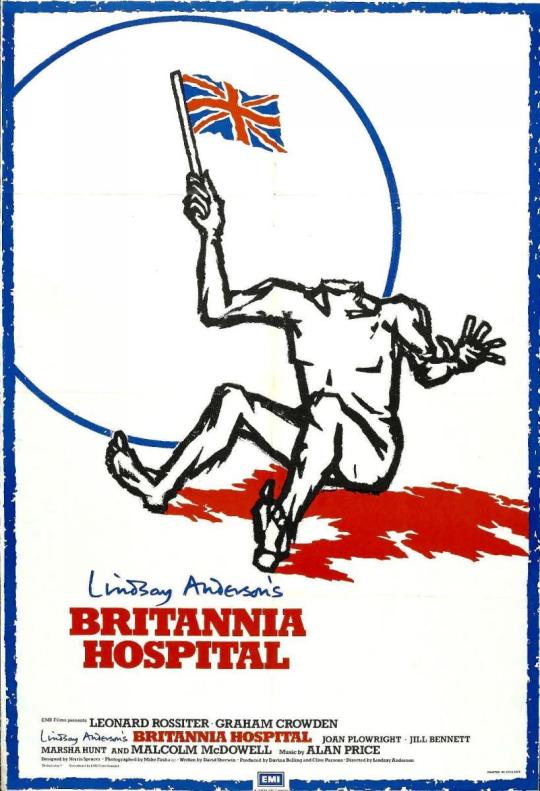
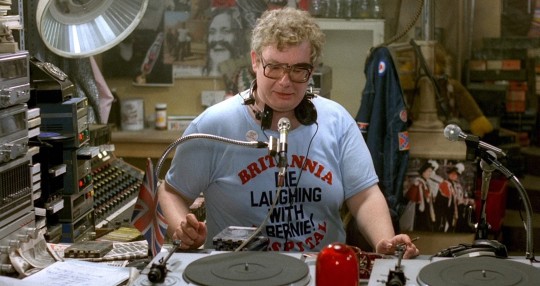
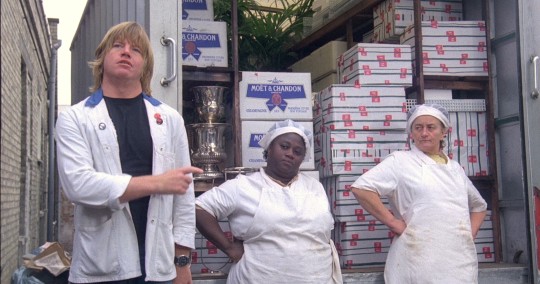
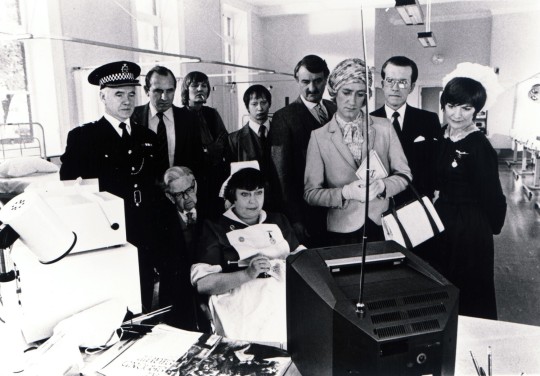

Britannia Hospital (1982) Lindsay Anderson
July 2nd 2023
#britannia hospital#1982#lindsay anderson#graham crowden#leonard rossiter#malcolm mcdowell#brian pettifer#joan plowright#jill bennett#robin askwith#mark hamill#marsha a. hunt#marsha hunt#richard griffiths#john moffatt#fulton mackay#peter jeffrey#dave atkins#catherine willmer#frank grimes#marcus powell#john bett#gladys crosbie#rufus collins#robbie coltrane#brian glover#mike grady#liz smith#alan bates#arthur lowe
8 notes
·
View notes
Text
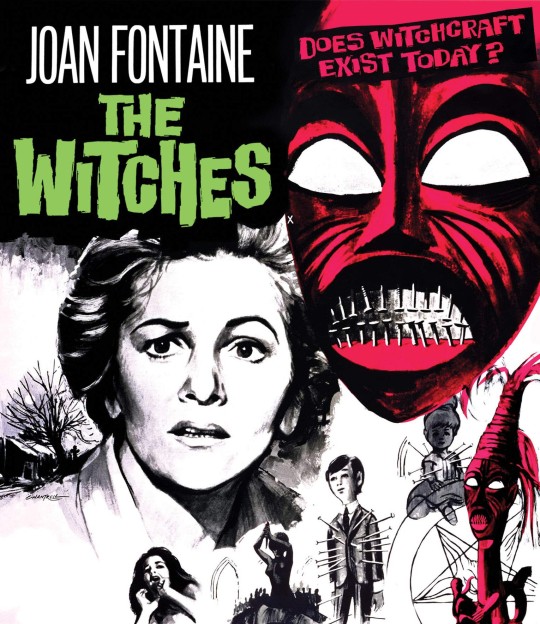
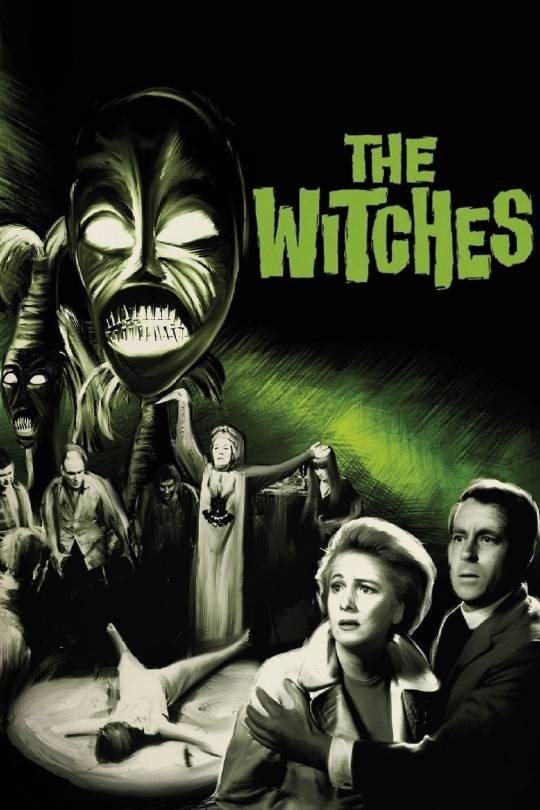
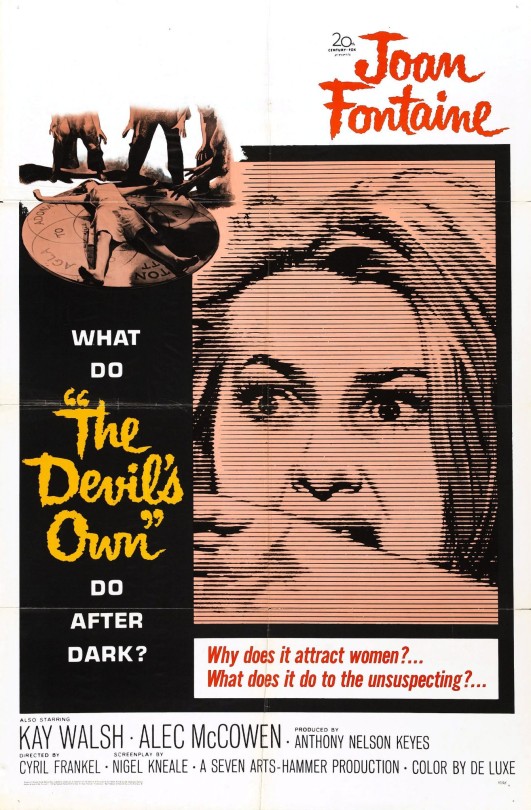
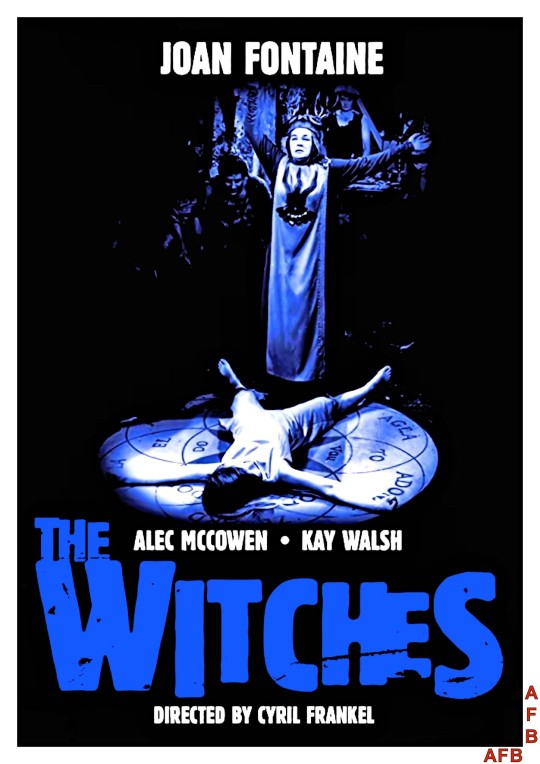
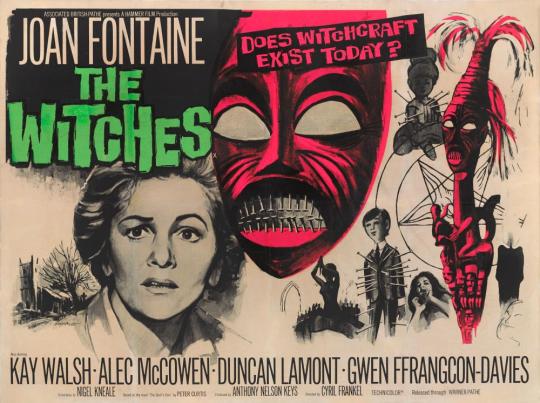
W A T C H I N G
A far as hammer films go I'd say it's 4.5/10.
The location, the costumes, the acting are all really good. The story has a good build up, but the finale was a little stupid for my tastes and what I used to in Hammer Films.
#THE WITCHES (1966)#THE DEVIL'S OWN (1966)#JOAN FONTAINE#Cyril Frankel#Kay Walsh#Alec McCowen#Ann Bell#Ingrid Brett#John Collin#Michele Dotrice#Gwen Ffrangcon-Davies#Duncan Lamont#Leonard Rossiter#Martin Stephens#Carmel McSharry#Viola Keats#Shelagh Fraser#Bryan Marshall#CULTS#WITCHES#DEVIL#HORROR#HAMMER FILMS#WATCHING
8 notes
·
View notes
Text

Brenda Vaccaro-Leonard Rossiter "Loca juerga tropical" (Water) 1985, de Dick Clement
5 notes
·
View notes
Text

Leonard Rossiter
#suitdaddy#suiteddaddy#suit and tie#suited daddy#men in suits#silverfox#suitfetish#three piece suit#waistcoat#suited men#suited grandpa#suitedman#suit daddy#buisness suit#suitedmen#british man#british men#actors#reginald perrin#Leonard Rossiter
28 notes
·
View notes
Text

#tv times#rising damp#leonard rossiter#frances de la tour#70's#television#sitcom#vintage#late 70's#1978#british
1 note
·
View note
Text
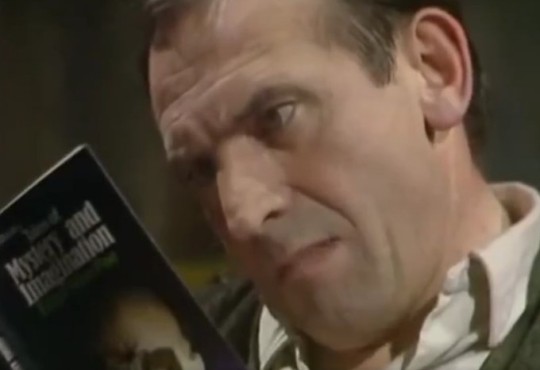
Tales of Mystery & Imagination by Edgar Allan Poe
Rising Damp: "Things That Go Bump in the Night"
0 notes
Photo

Unser nach eingehender Prüfung für ideal befundener Geburtstagsfilm für Michael Caine. Er bietet tiefschürfende Einblicke in das Wesen des Kolonialismus und die Weltpolitik, Spannung, Abenteuer, einen legendären Gesangsauftritt vor den vereinten Nationen, Liebe und Drama, sowie Maureen Lipman als Margaret Thatcher (vergl. hier).
#Water#Michael Caine#Billy Connolly#Valerie Perrine#Brenda Vaccaro#Leonard Rossiter#Fred Gwynne#Maureen Lipman#Ringo Starr#George Harrison#Eric Clapton#Film gesehen#Dick Clement
1 note
·
View note
Text
youtube
Rising Damp - Seance
4 notes
·
View notes
Photo
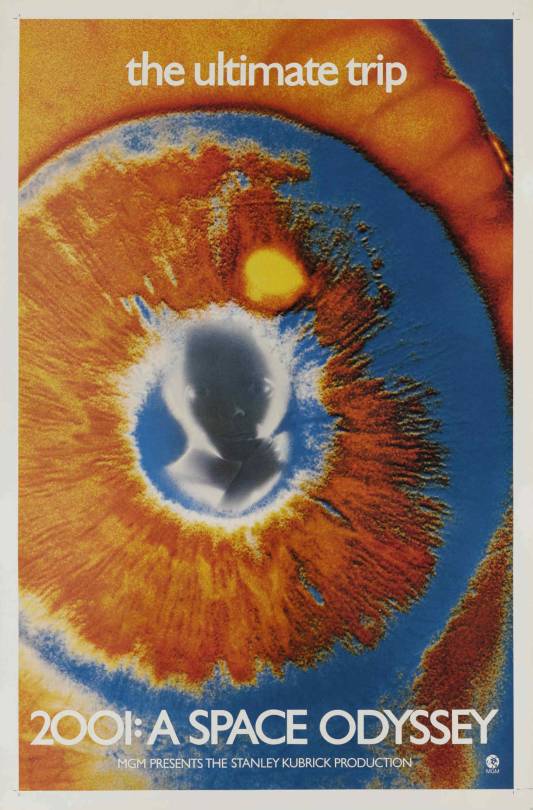
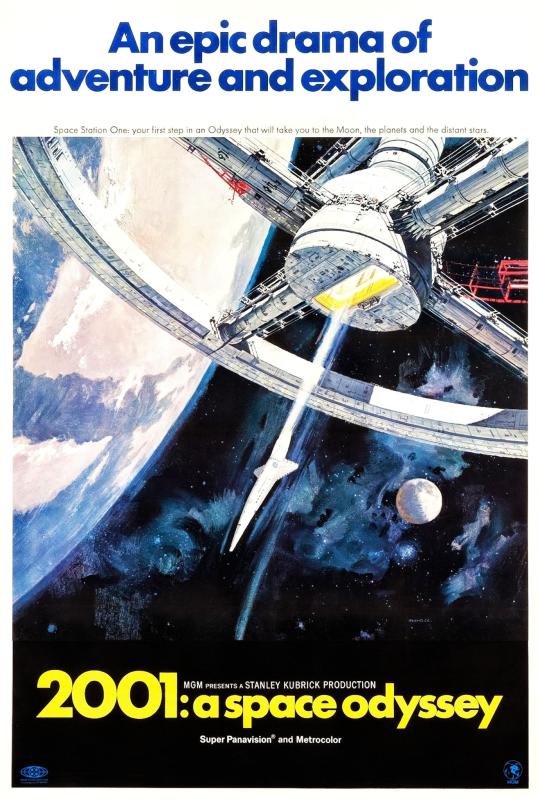

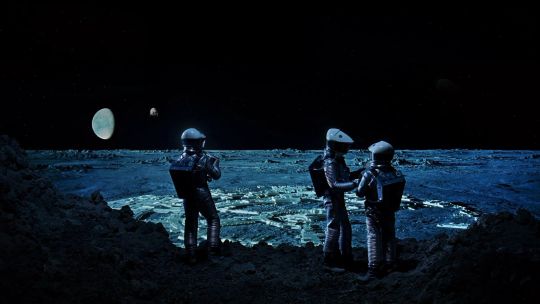
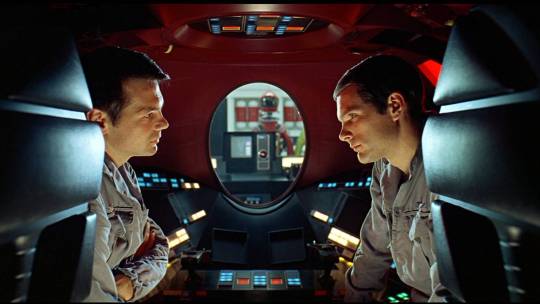

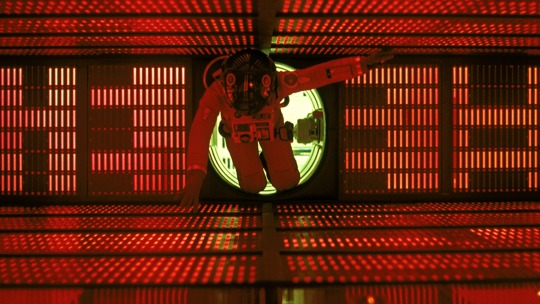



2001: A Space Odyssey (1968) Stanley Kubrick
December 19th 2022
#2001: a space odyssey#1968#stanley kubrick#keir dullea#gary lockwood#william sylvester#douglas rain#leonard rossiter#two thousand and one: a space odyssey#how the solar system was won#favourite
13 notes
·
View notes
Text

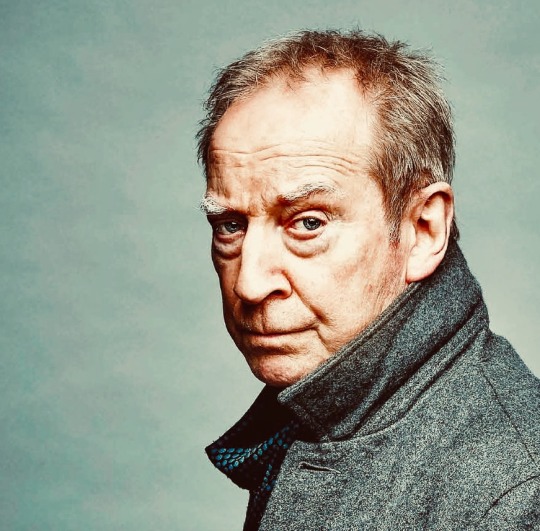
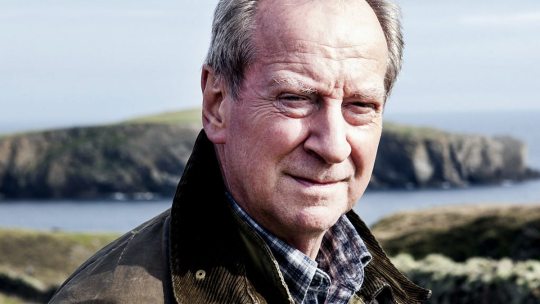
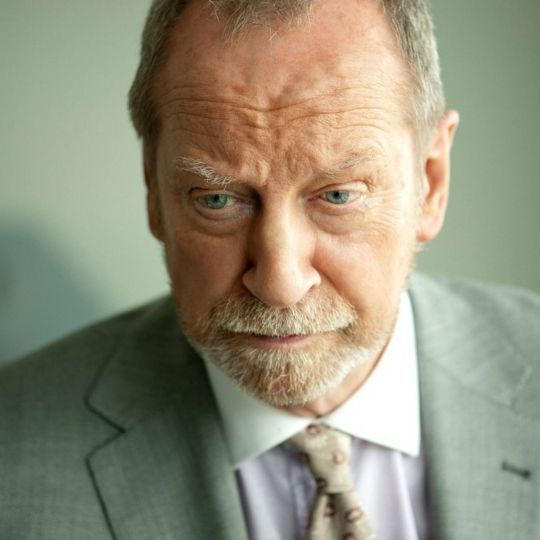
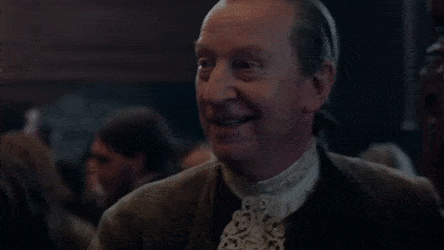
The Scottish actor Bill Paterson, was born on June 3rd 1945 in Glasgow.
After a three year stint as a struggling apprentice quantity surveyor he escaped to do a teaching course at the Royal Scottish Academy of Music and Drama. His first professional appearance was with Glasgow's Citizens Theatre in their 1967 production of Brecht’s ‘Arturo Ui’ which also launched the career of Leonard Rossiter.
From 1970 – 72 he was with the Citizen’s Theatre for Youth as actor and assistant director and at the 1972 Edinburgh Festival he appeared in the now historic ‘Great Northern Welly Boot Show’ written by and featuring Billy Connolly. He then became a founding member of John McGrath’s 7:84 Theatre Company and toured extensively throughout Scotland, Ireland and Europe with such shows as ‘The Cheviot’, and ‘The Stag and the Black Oil’ He made his first appearance in London in 1976 with the company.
As well as his theatre work Bill has made a successful career on Television, from the 70's right through to nowadays, his most notable in my opinion were, Smiley's People, Auf Wiedersehen, Pet, The Singing Detective and Traffik, as well as big screen roles in The Killing Fields and Comfort and Joy.
Paterson has more recently been appeared in the sitcom, Fleabag, The Rebel, with Simon Callow, and the very successful Outlander as the recurring character Ned Gowan he also portrayed Douglas Henshall's faither in the excellent Shetland. Bill was also in the black comedy, Guilt, set in Edinburgh and also starring Mark Bonnar, if you haven't seen it look it up, it's very good.
A wee look on the IMDb tells me he is set to appear in an interesting TV film telling the story of Edinburgh Zoo's famous bear, Wojtek, who was a "soldier in the Polish Army during World War two. Another promising production is Arthur's Whisky for Sky, it is a coming-of-age story with a twist starring Diane Keaton, Patricia Hodge and Lulu, the media site say it is the story of three elderly ladies who drink a whisky which makes them younger, look out for it on Sky Cinema later in the year. Paterson is also to voice a character in Banking on Mr. Toad, a family drama about Scottish writer Kenneth Grahame, the birth of his iconic story "The Wind In The Willows" and life with wife Elsie and Alastair, their troubled young son.
Bill was awarded the Outstanding Contribution to Film & Television accolade at the 2015 BAFTA Scotland Awards.
34 notes
·
View notes
Text
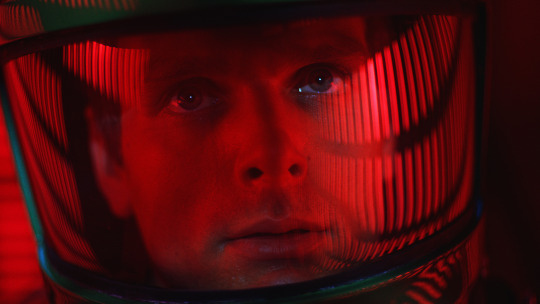
Keir Dullea in 2001: A Space Odyssey (Stanley Kubrick, 1968)
Cast: Keir Dullea, Gary Lockwood, William Sylvester, Daniel Richter, Leonard Rossiter, Margaret Tyzack, Robert Beatty, Sean Sullivan, Douglas Rain (voice). Screenplay: Stanley Kubrick, Arthur C. Clarke, based on a story by Clarke. Cinematography: Geoffrey Unsworth. Production design: Ernest Archer, Harry Lange, Anthony Masters. Film editing: Ray Lovejoy.
I know that I first saw 2001 on April 13, 1968, because (as a little Googling tells me) that was the date of the lunar eclipse I witnessed on leaving the theater, an appropriately cosmic climax to the cinematic experience I had just had. Kubrick's film was an experience to be savored by those of us who were already hip to the revolution in American filmmaking underway after the sensation of Bonnie and Clyde (Arthur Penn, 1967) and The Graduate (Mike Nichols, 1967). I doubt that anyone who wasn't of an age to experience it realizes quite how revolutionary those movies seemed to us. Though it's conventional to say that our experiences were produced in part by controlled substances, anyone who really knows me knows that I wasn't under the influence of any substance stronger than beer. Today, 2001 doesn't seem much like a revolutionary film: We have lived through the actual 2001, which had its own epoch-making event in the September of that year, but in which no one was making trips to the moon on Pan Am. That airline went out of business in 1991, and the last real moon expedition, Apollo 17, took place in December 1972. But the future is never quite what it's cracked up to be. What was revolutionary about 2001 the movie is that it taught us how a movie can make us think without spelling out its ideas for us. Kubrick wisely whittled down the narrative given him by Arthur C. Clarke to a series of images, and ditched the score written by Alex North for an evocative set of snippets from classical works, letting us assemble any meaning to be derived from the film for ourselves. Of course, in 1968 we went back to our homes and dorm rooms and did just that. Seeing it today, I am most struck by how skillful Kubrick was in creating the persona of HAL, the sentient computer. Much credit goes, of course, to the voiceover work of Douglas Rain, but also to Kubrick's choice to make the dialogue of the humans in the movie as banal and jargon-filled as possible. HAL's final pleading and breakdown as Dave pulls his memory chips is haunting. Yes, the movie has its longueurs: Kubrick is deservedly proud of its landmark special effects and spends more time than is necessary showing them off. They won him the film's only Oscar, without honoring the work of Douglas Trumbull and others who executed them. He was also nominated as director and as co-screenwriter with Clarke, and the art direction team received a nod, but the film was passed over for the significant work of cinematographer Geoffrey Unsworth, who was assisted by John Alcott, and for the sound crew headed by Winston Ryder. And it failed to receive a best picture nomination in the year when that award went to Oliver! (Carol Reed, 1968). I happen to like Oliver! and don't think it's necessarily one of the Academy's more shameful choices, but it's certainly not an epochal movie.
12 notes
·
View notes